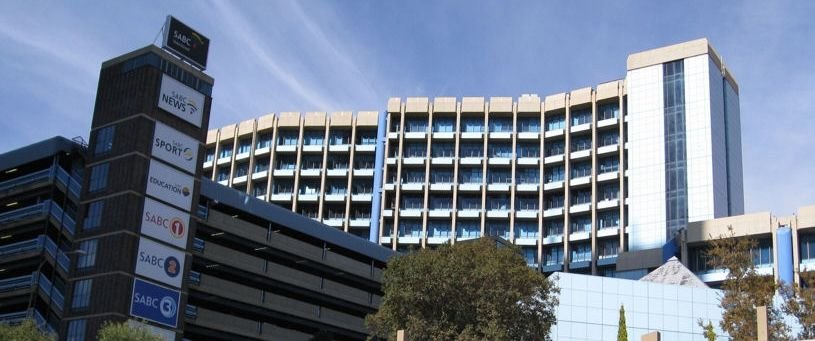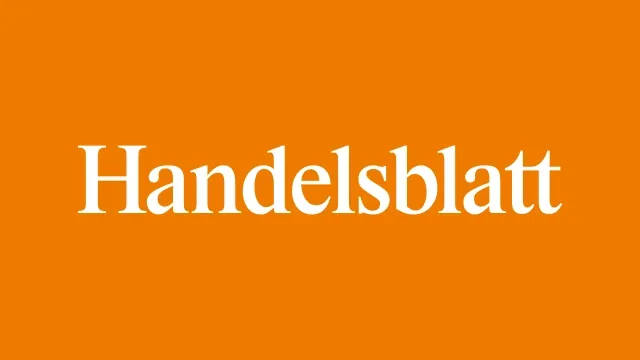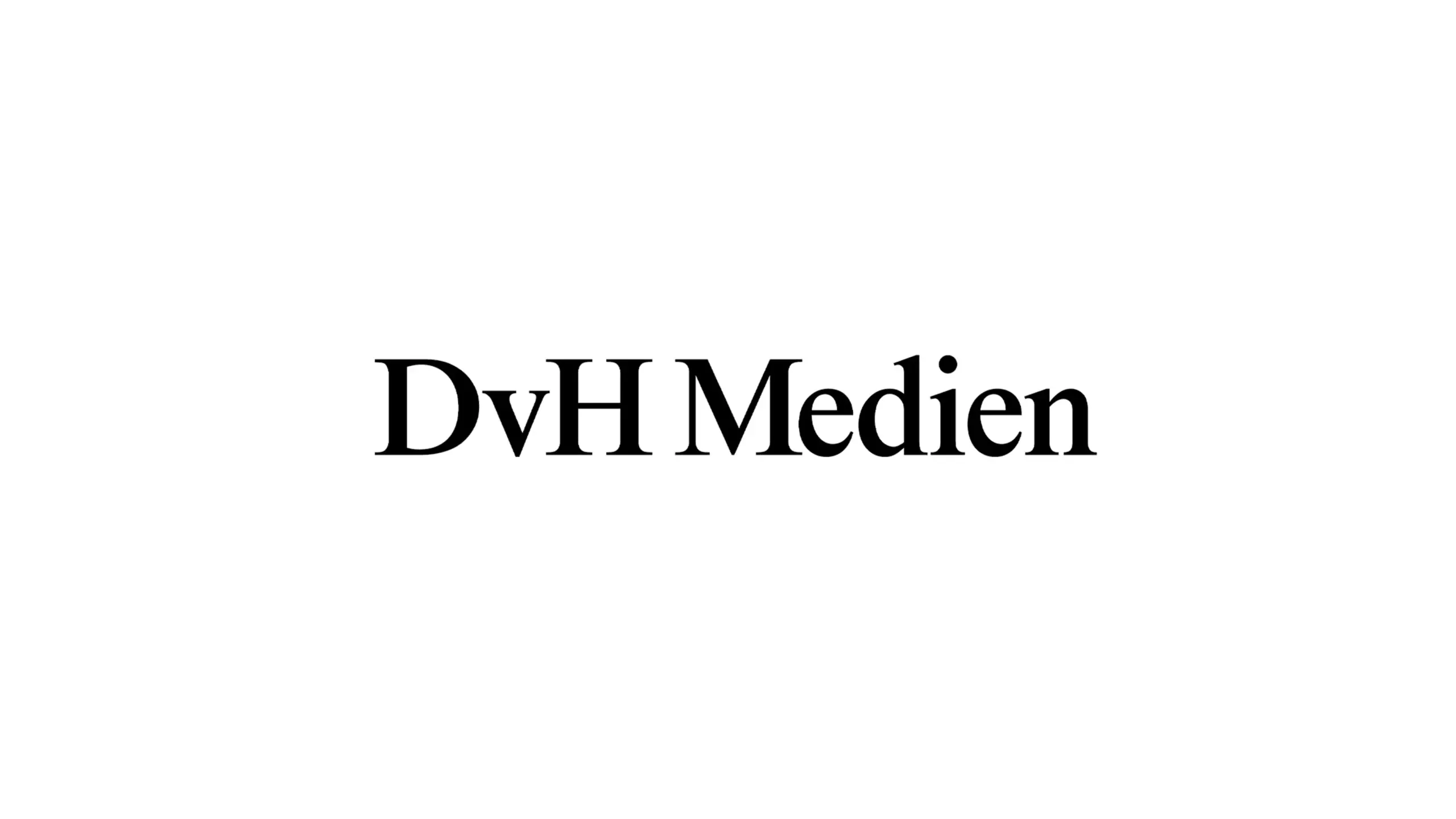Le Figaro
Le Figaro is France’s oldest daily newspaper, founded in 1826. The publication provides comprehensive coverage of French and international news, politics, economics, culture, sports, and lifestyle content, maintaining what is widely characterized as a center-right editorial stance. Le Figaro operates in both print and digital formats and features investigative reporting, opinion columns, cultural criticism, and business analysis, making it one of France’s most influential media outlets. Over the past two decades, it has expanded into a multimedia group encompassing print, digital, television, and radio platforms. The newspaper was acquired by Groupe Dassault in 2004.









